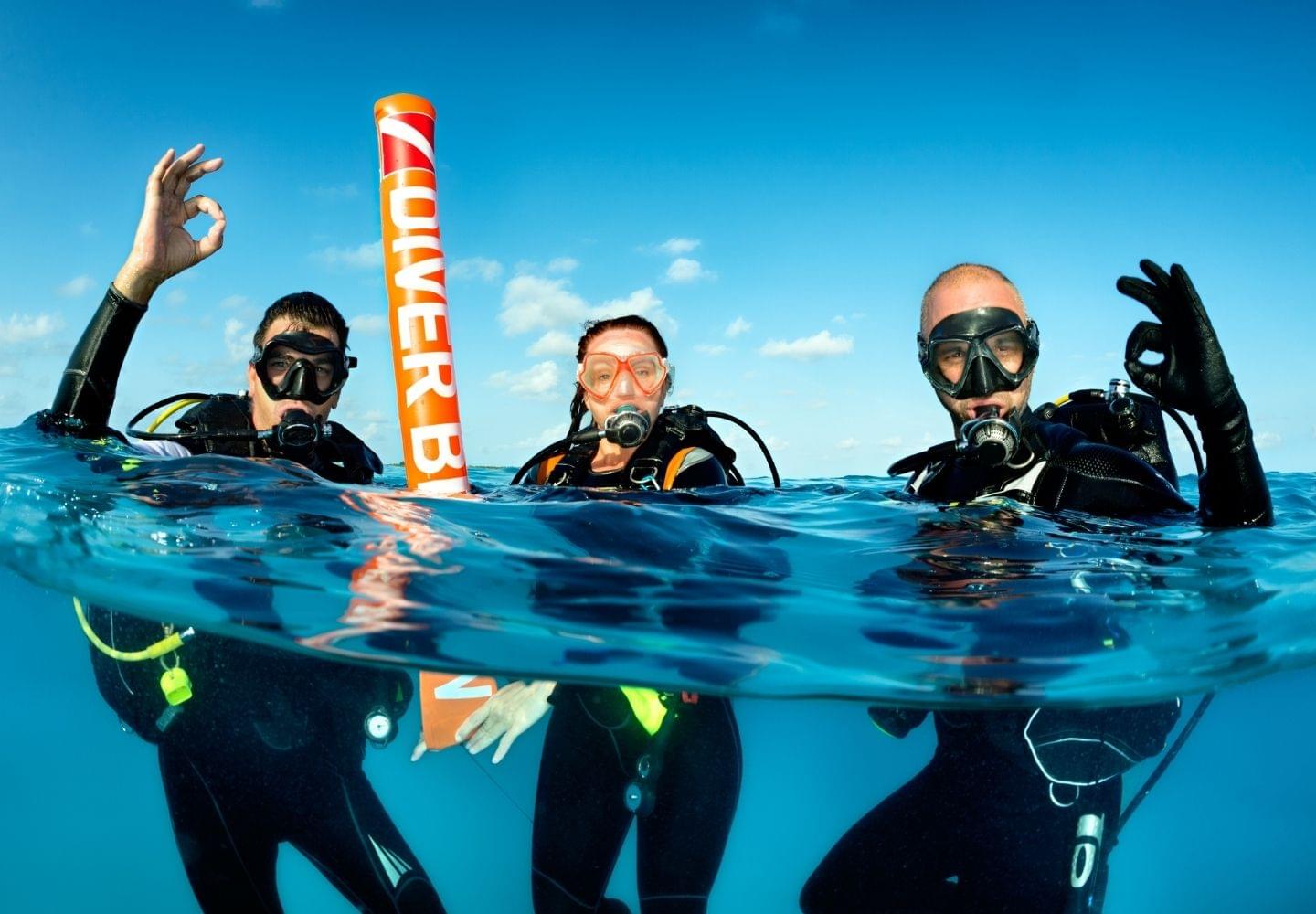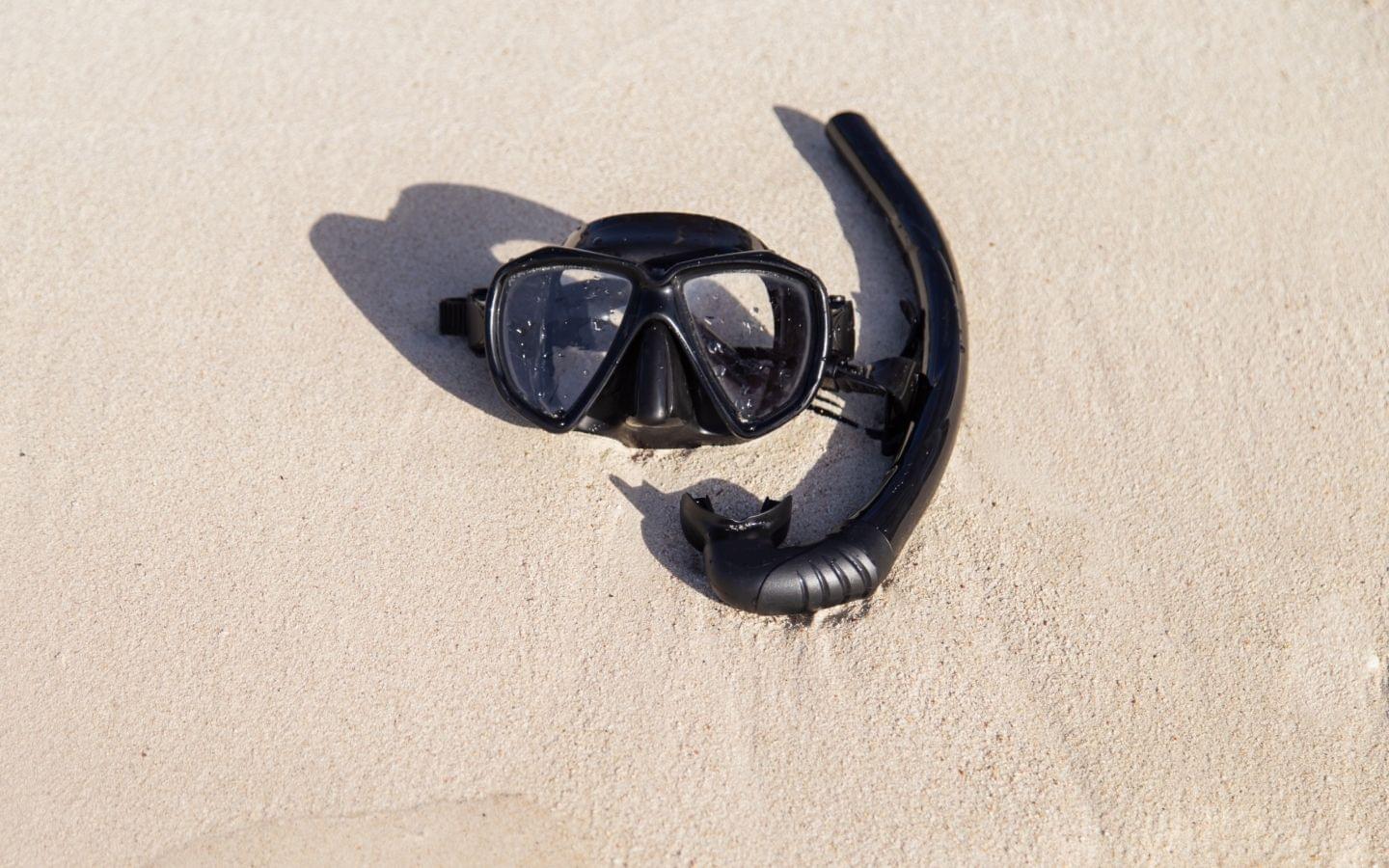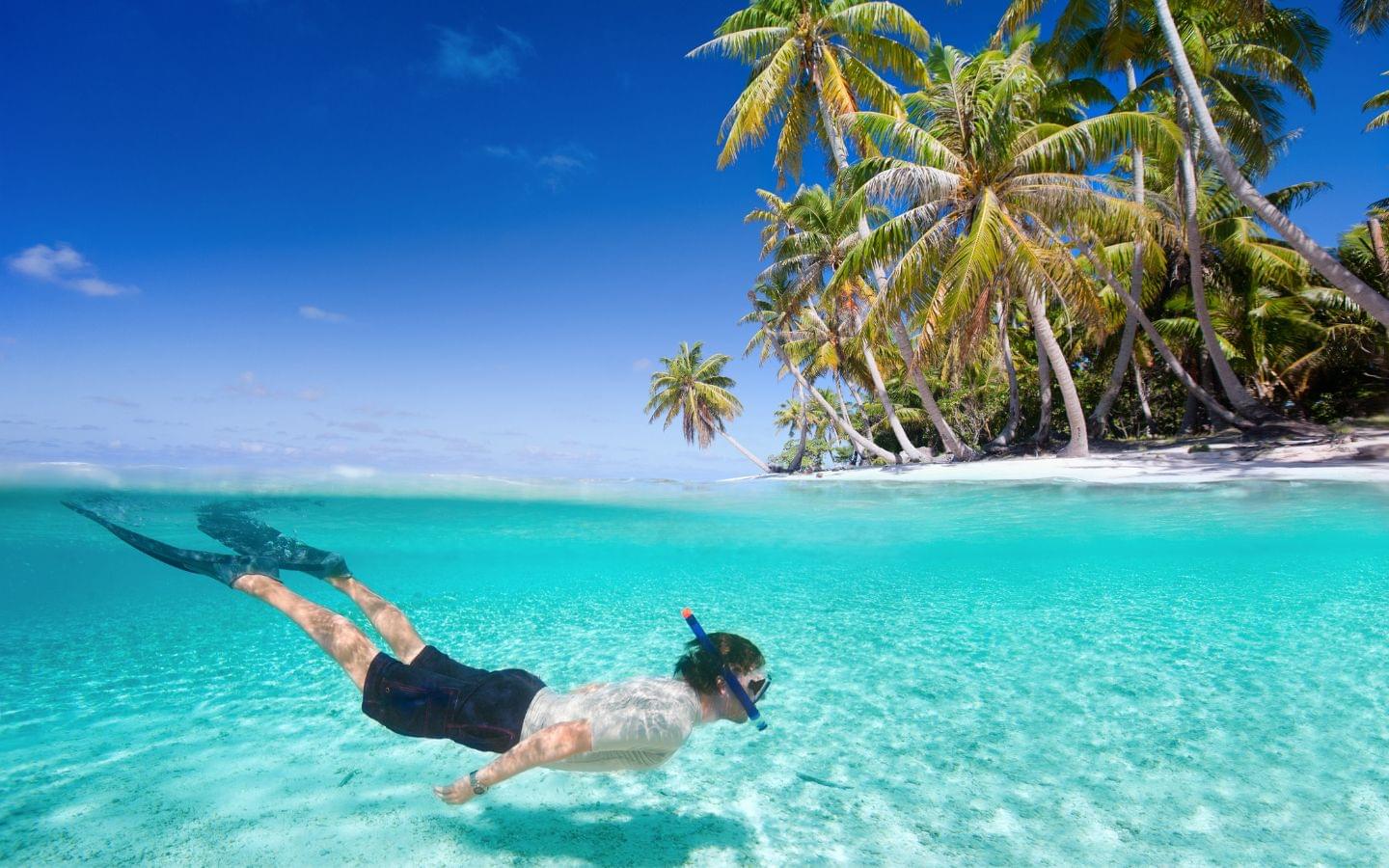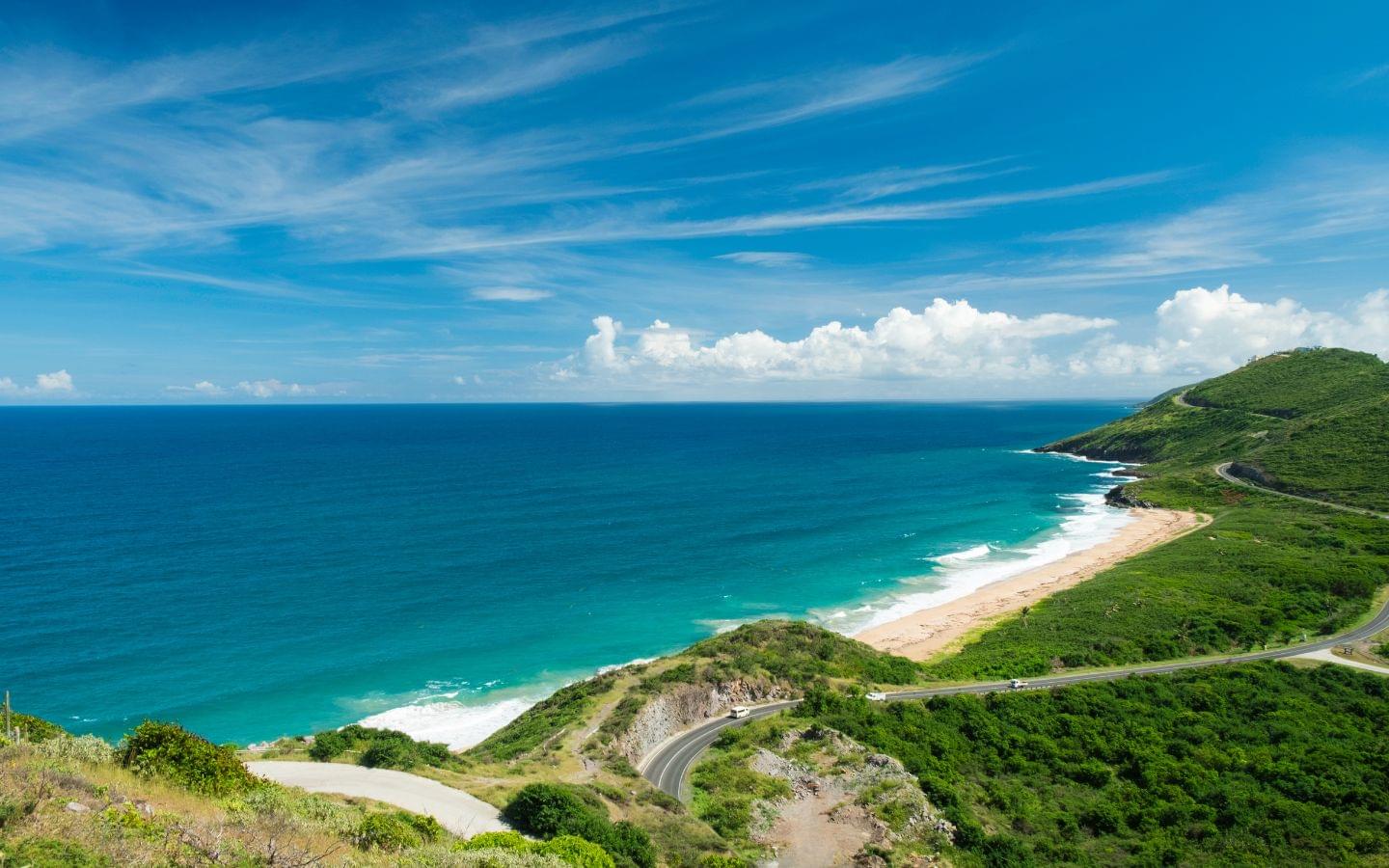The best and worst foods to eat before scuba diving
Your diet plays a big part in how you feel before and after scuba diving. Learn which foods will increase your energy and the ones you should never eat before a dive.
What you eat leading up to a dive will help you get the most out of your time underwater. Eating the right nutritious foods will give you more energy to protect your body on long dives. Whereas eating the wrong foods lead to uncomfortable or missed dives due to sickness.
24-hours before scuba diving you should start drinking extra water to prevent dehydration. Then, 2-3 hours before your first dive, eat a small, simple meal. Carbohydrates and fats, such as grains, vegetables, and nuts, will provide extra energy while diving. Don’t eat oily and spicy foods or drink alcohol before diving to prevent sickness.
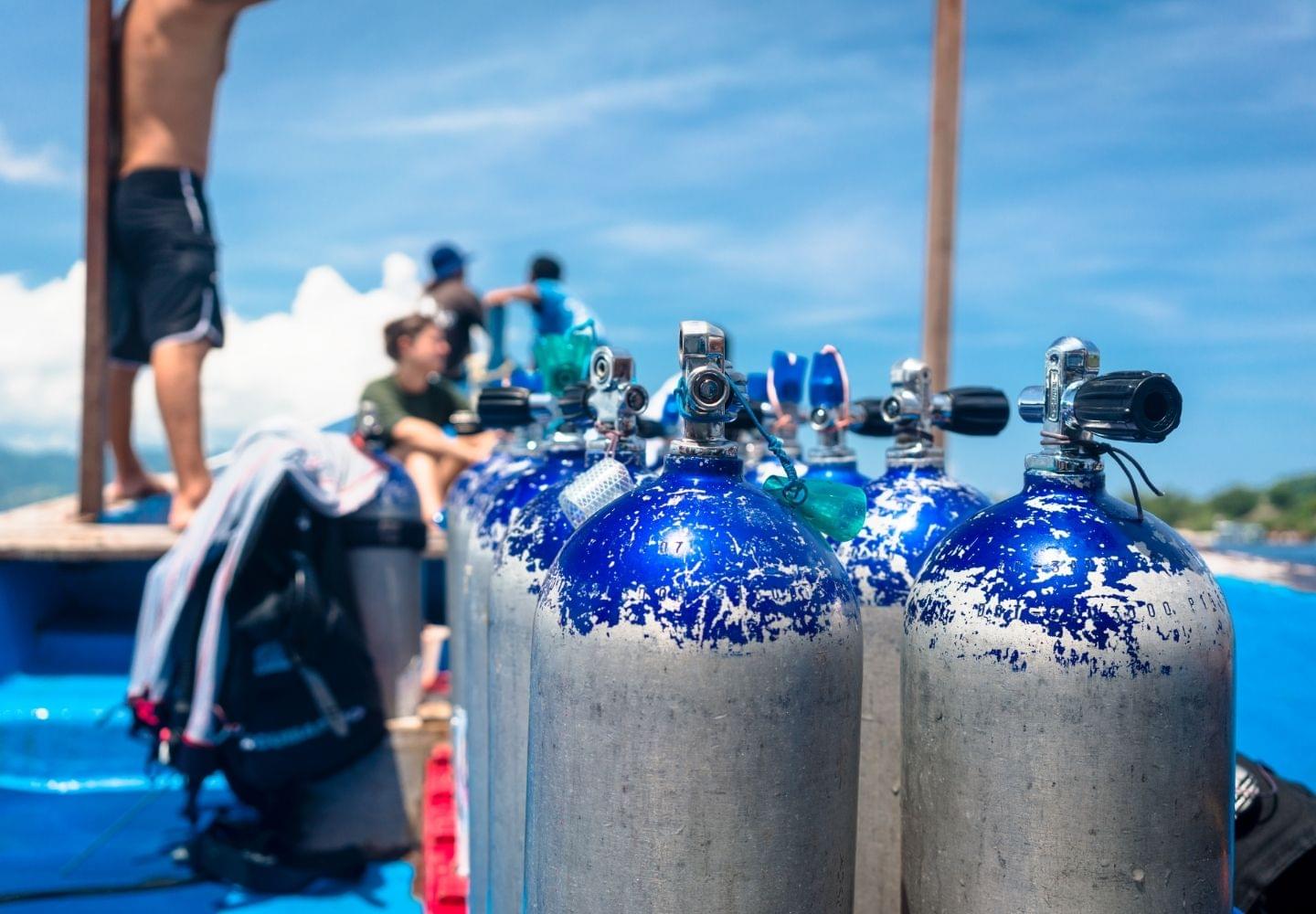
What you should eat before scuba diving
Water
One of the most important things to consume before diving is water. Flying before a dive, tropical weather, and time in the sun during your trip all lead to dehydration. This increases your likelihood of decompression sickness, fatigue, and cramps during your dive.
Divers then lose more fluids when they’re underwater. This is due to breathing compressed air and immersion diuresis, an increased production of urine underwater (1). Drinking more water the day before your dives will help prevent these side effects.
How much water to drink before scuba diving: The American College of Sports Medicine recommends you begin hydrating 24 hours before exercise. Two hours before, you should hydrate with 17 ounces of water (1).
Food
Like any exercise, your body needs carbohydrates and fats to create energy and to protect your muscles. Carbs increase your blood sugar and are best for short and high-intensity exercises. Whereas, fats are good for moderate- to low-intensity exercises over a longer time frame (2).
Your eating habits in the days before your diving trip will depend on the intensity and number of dives. During surface intervals, you will also want to eat carbs to offset fatigue and produce energy for remaining dives (1).
For one day of diving and high-intensity dives, focus on increasing your carb intake. For multiple days of diving, increase your fat intake along with your carbs, and plan for extra carbs on days with more challenging dives. It is best to eat 2-3 hours before a dive and keep the meals simple so that your body has time to digest (2).
If you are prone to cramping, add more magnesium to your diet. Scuba divers sometimes get cramps in their feet or calves that they must stop to stretch with their fins. This can be very painful and wastes your time underwater. Eating dark chocolate, nuts, bananas, and spinach beforehand will protect your muscles from cramps (3).
What to eat before scuba diving: High-carbohydrate foods that will give you energy are in fruits, vegetables, grains, and dairy products. Healthy fats to add to your diet are lean meat, eggs, nuts, and avocados (4). Try to eat a simple meal 2-3 hours before your dive, and eat carbs between dives to replenish your energy.
There’s a lot to prepare to ensure you have a fun and effortless diving trip. To find out what else you should check beforehand, read our article here.
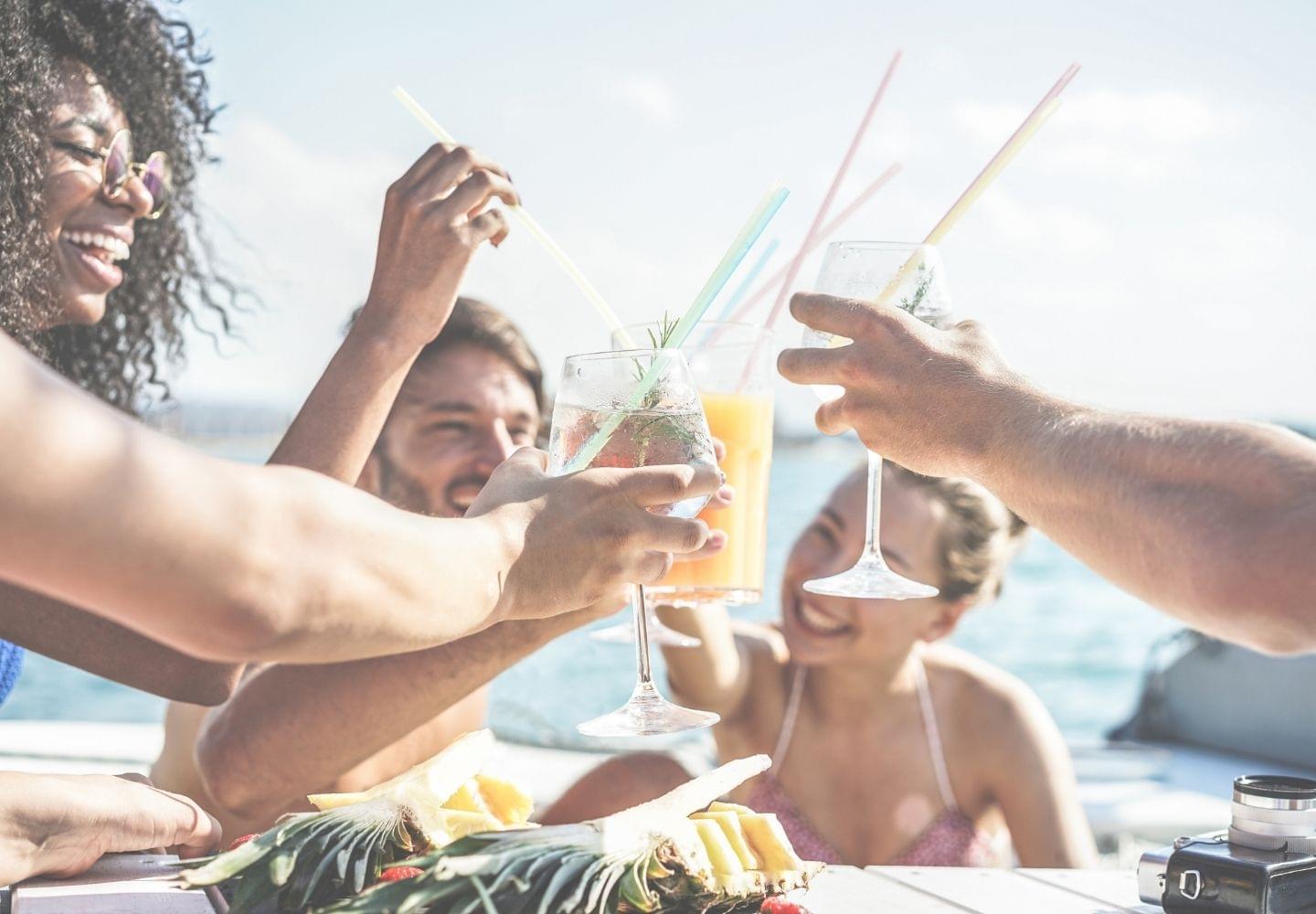
Foods to avoid before scuba diving
One of the most important things to stay away from is alcohol. Drinking puts you at greater risk of developing DCS, nitrogen narcosis, dehydration, hypothermia, and could cause confusion and poor judgement while diving (5). Many dive shops will not allow you to dive within 8 hours of consuming alcohol, and others are stricter. Plan to drink early enough before your dive or wait until after your last dive.
You should also avoid greasy, spicy, and sugary foods that will upset your stomach. If you are diving in a new country and are not used to the foods yet, find simple or familiar meals leading up to your dive. The last thing you want is a negative reaction to very spicy and oily foods or foreign bacterias in the country. This could lead to feeling sick on the boat or having gastric issues while you are underwater.
While stomach pains and gas are not dangerous, they will distract you from enjoying the dive. More concerning is the need to vomit while diving. Regulators expel liquids and divers can vomit safely while still breathing underwater. However, being nauseous causes many beginner divers to panic, breathe irregularly, and try to ascend too quickly.
There are instances of this causing divers to choke and asphyxiate underwater (6). To prevent any complications from being sick, keep your meals simple and avoid eating right before your dive.
What to eat after diving
Once you finish a scuba dive, you will probably feel thirsty, tired, or hungry. Drink plenty of water to make up for all the fluids you lost during the dive. Then, continue the higher carbohydrate diet you have been following for the rest of the day. Carbs help with postexercise recovery and endurance that will prepare you for additional dives (7)
Dive shops that take you out on a boat usually provide small meals or snacks between dives. Confirm with them what food and how much they provide with your dive and decide if it will be adequate for your diet. Most boats will let you pack a small dry bag on board if you want to bring extra snacks to eat.
Eating on a liveaboard or long diving trip
If you are going on a multi-day dive trip or traveling on a liveaboard your nutrition is even more important. Consecutive dives in varying conditions will quickly tire you out over the trip’s duration. Again, water is the most important thing to keep replenishing in your body. On a dive boat, you will be in the sun more and if you are in a tropical area, the heat and humidity will cause dehydration faster.
Eat more carbs and fats to keep your energy up during the whole trip, but make sure it is a balance between fruits, vegetables, and whole grains. Before any strenuous dives plan to eat extra carbs to delay fatigue. Diving over multiple days will also deplete your electrolytes. Replenish these with fruits, vegetables, or sports drinks (1).
Only drink one or two servings of alcohol at night, and don’t drink any within eight hours of your next dive. Morning dives on a liveaboard tend to start very early and alcohol will make you more tired and ill-prepared. Some liveaboards prohibit alcohol onboard, while others offer drinks at certain times or let you bring your own.
Many liveaboard companies make food a priority and provide nutritional meals. As fellow scuba divers, they know what foods are best and want to keep their divers healthy. Most will provide a sample menu for you when you book and work with any dietary conditions.
Conclusion
Eating the right healthy foods in the days before a dive trip will give you the most energy to complete your dives. Hydration is one of the most important factors, and divers should drink more water before and after diving. Staying away from new foods and alcohol is the best choice to avoid getting sick during your dive trip.
References
- T. J. Doubt; J. W. Thorp; P. A. Deuster; Naval Medical Research Institute, Preliminary Diet and Hydration Guidelines for Diving to Depths to 150 FSW, Bethesda, MD, Storming Media, April 1991.
- Semeco, A, (May,2018).Pre-Workout Nutrition: What to Eat Before a Workout. Healthline. Retrieved February , 2021 https://www.healthline.com/nutrition/eat-before-workout#TOC_TITLE_HDR_4
- Spritzler, F, (August,2018).10 Magnesium-Rich Foods That Are Super Healthy. Healthline. Retrieved February , 2021 https://www.healthline.com/nutrition/10-foods-high-in-magnesium#TOC_TITLE_HDR_6
- (April,2019).Important Nutrients to Know: Proteins, Carbohydrates, and Fats. National Institute on Aging. Retrieved February , 2021 https://www.nia.nih.gov/health/important-nutrients-know-proteins-carbohydrates-and-fats
- Thomas, S, ( February,2020).Drinking Before Scuba Diving: Why You Shouldn’t. Alcohol.org. Retrieved February , 2021 https://www.alcohol.org/effects/drinking-before-scuba-diving/
- Novomesky, F, et al, ‘Vomiting and aspiration of gastric contents: a possible life-threatening combination in underwater diving’_ , 1 (48): _Diving and Hyperbaric Medicine 2017 ; 36 - 39 https://www.ncbi.nlm.nih.gov/pmc/articles/PMC6467823/
- Moore, Daniel R. PhD ‘Nutrition to Support Recovery from Endurance Exercise’, 14 (4): Current Sports Medicine Reports 2015; 294-300 https://journals.lww.com/acsm-csmr/Fulltext/2015/07000/Article.11.aspx
Last updated 01 May 2021
